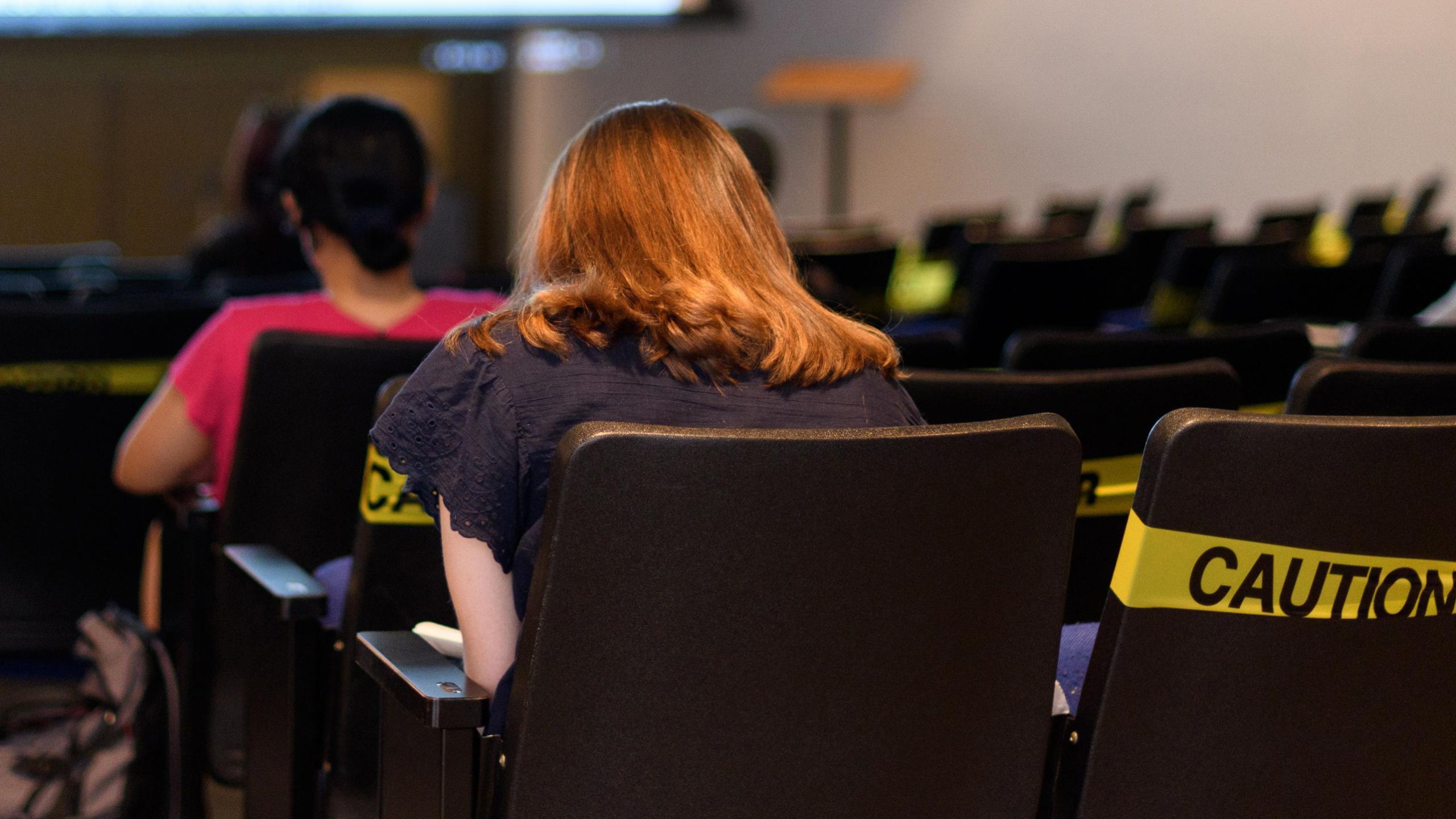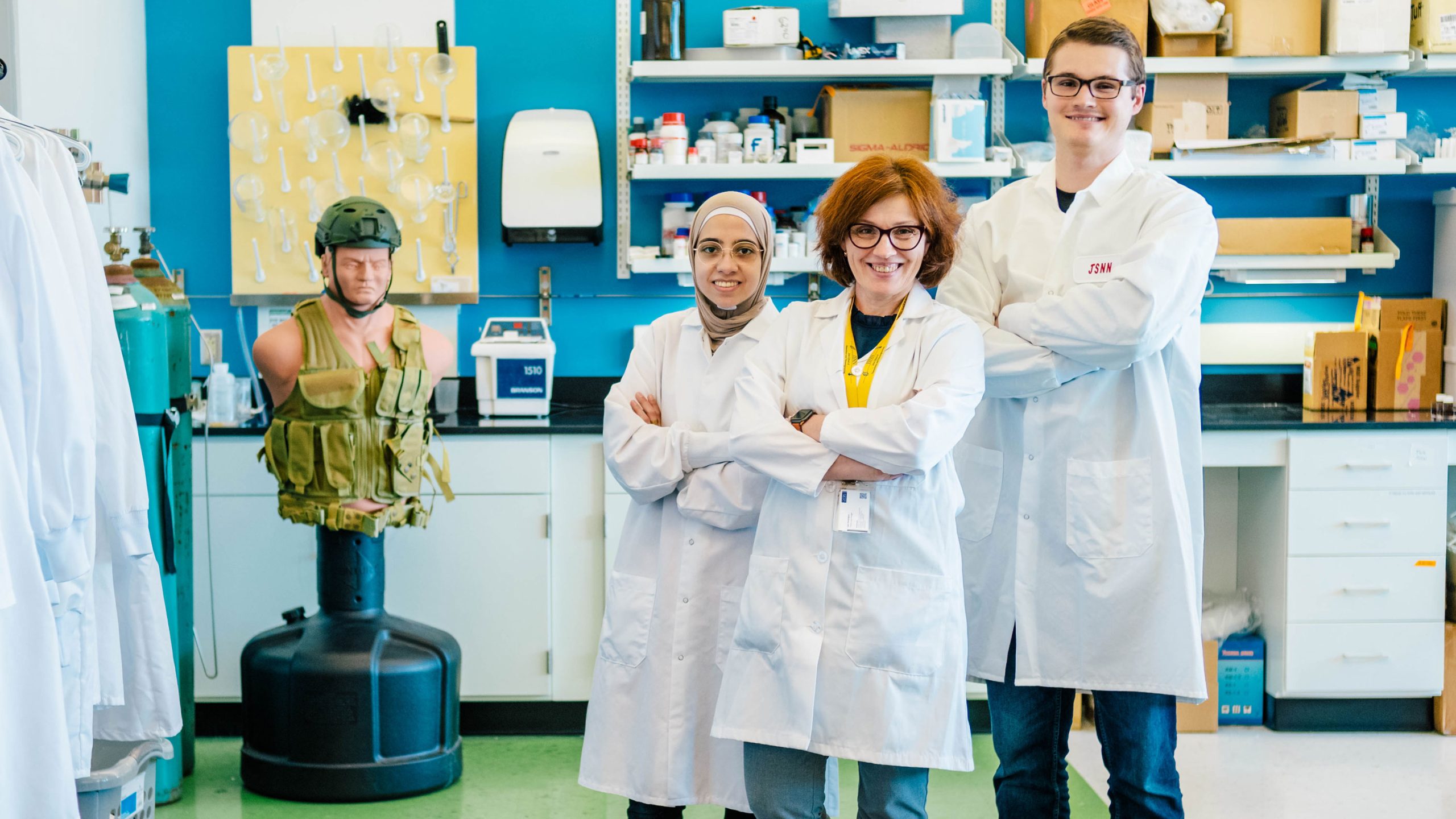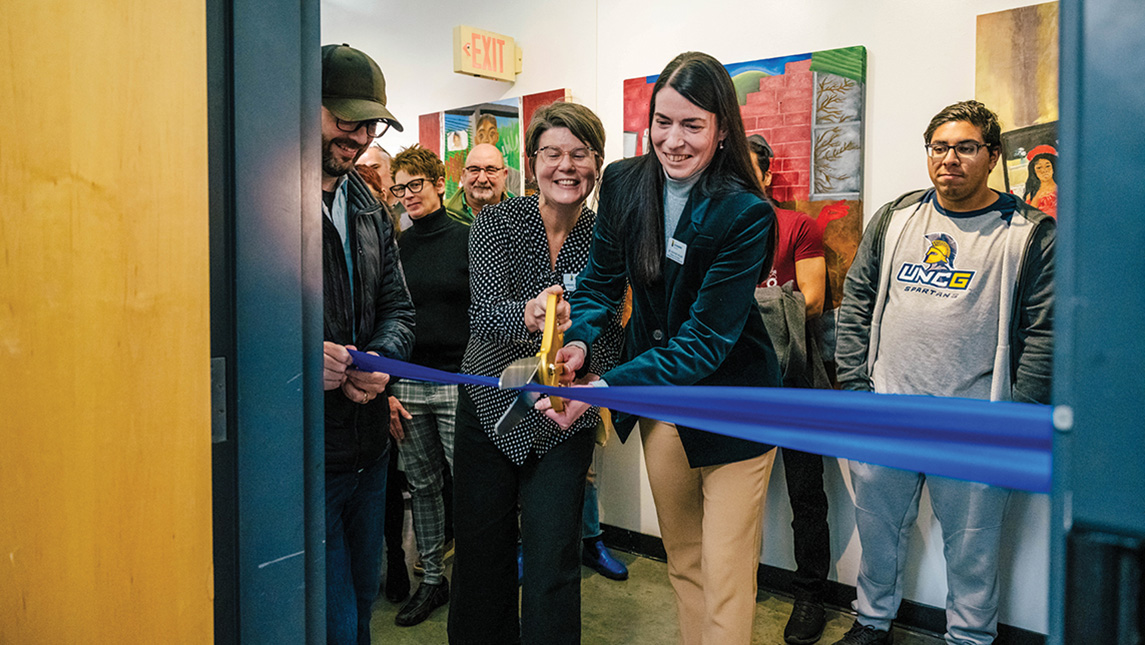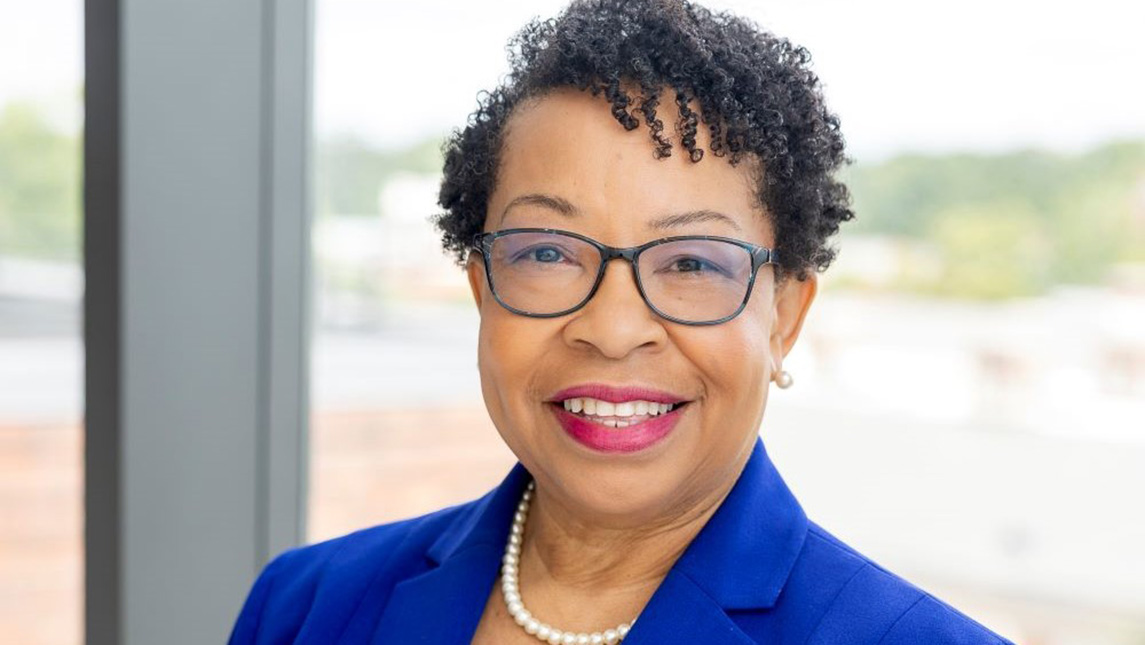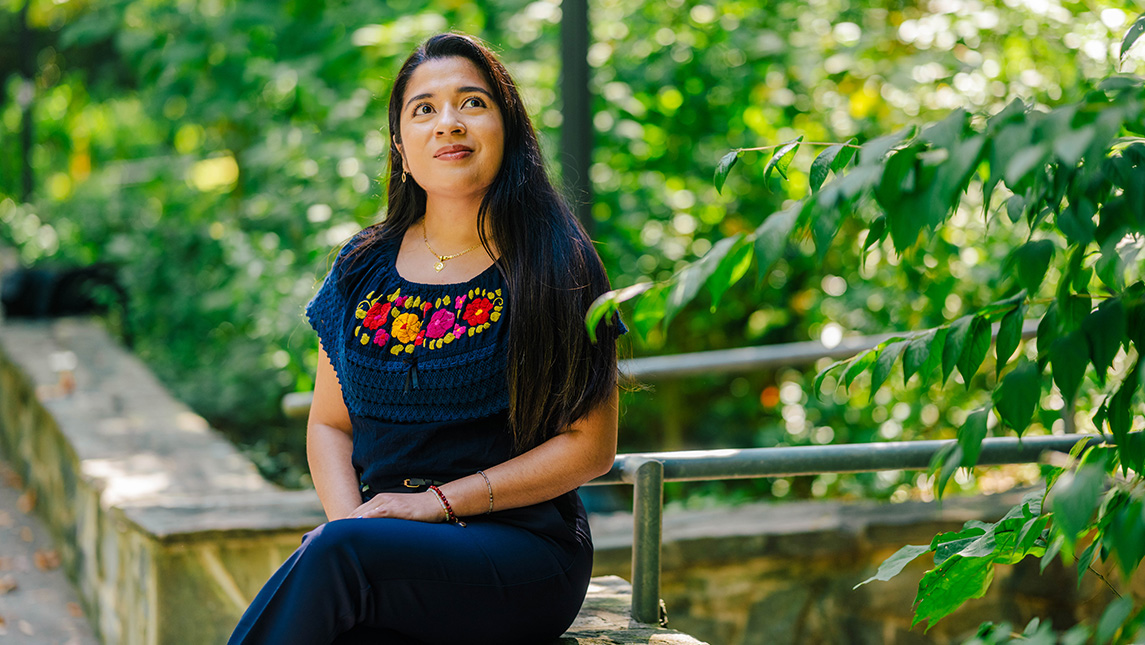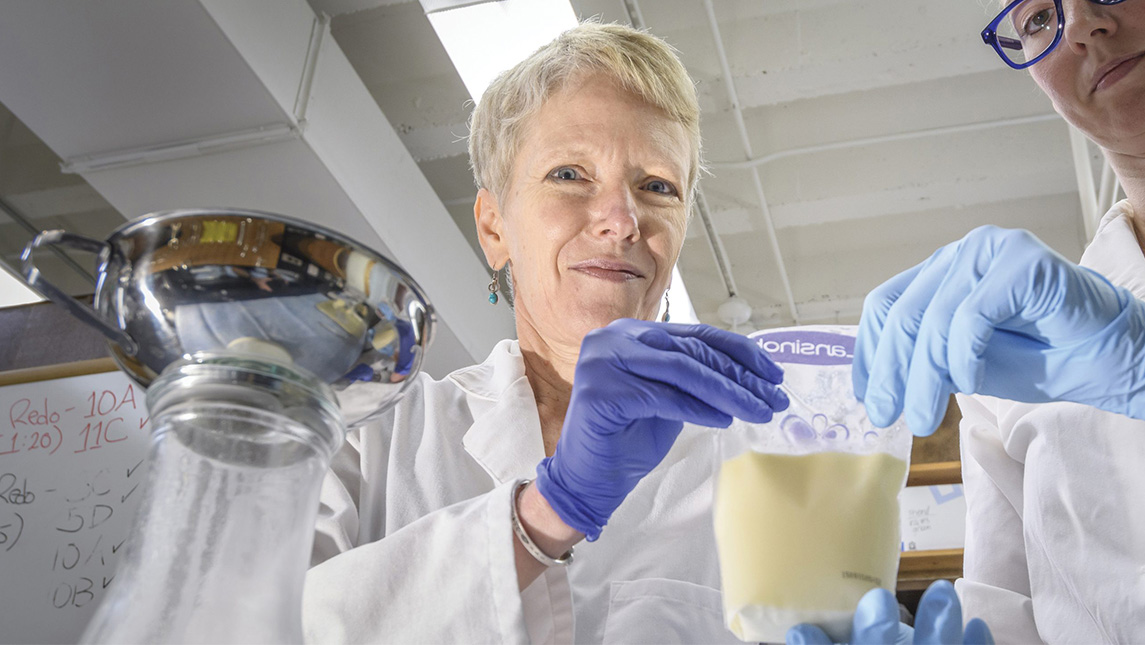A new UNCG research study published in Economics Letters found that first-year female college students are experiencing slower academic recovery from the COVID-19 pandemic compared to males.
The study, led by associate professor of economics Dora Gicheva, looked at trends among students enrolled in universities, colleges, and community colleges between academic years 2013–2022.
“Especially since the fall of 2021, female college students have been passing fewer classes and experiencing slower credit accumulation compared to female college students before the pandemic,” says Dr. Gicheva. “And this gap is relatively greater than the one we see for male college students.”
It is important to understand, the researchers say, that female students are still outperforming males overall. The issue lies in pandemic recovery rates. They say that the findings seem to indicate that female students experienced larger COVID learning losses when they were in high school.
“Females currently outperform males in many dimensions in post-secondary education, so often people think we don’t need to worry about women,” says co-author Dr. Julie Edmunds, who directs the UNCG Early College Research Center. “But our findings indicate that, when it comes to academics, females were disproportionately negatively impacted by the pandemic compared to males.”
The researchers say other studies have found a disproportionate increase in caregiving responsibilities among women during the pandemic, as well as disproportionate mental health impacts, and more. Each could have contributed to learning losses during the pandemic.
“Currently, the gap is almost one fewer credit earned per year for female community college students post-pandemic, and 0.6 fewer credits at four-year institutions,” says Gicheva.
Dr. Nir Eilam in economics and Dr. Bryan Hutchins and Dr. Nina Arshavsky at the Early College Research Center are co-authors on the recent study.
THE BIG PICTURE
The study is part of a larger UNCG research project led by Edmunds that examines the impact of COVID on students’ academic trajectories after high school. As part of that project, the researchers have also found that economically disadvantaged students and students who were academically weaker in high school are also seeing slower recovery in their post-pandemic academic performance.
However, says Edmunds, the data indicates that while some groups experienced a slower recovery, all groups are beginning to see a rebound towards pre-pandemic achievement levels – except for female students.
While the current data provides insights only into first-year college experiences, the researchers are concerned that these findings may eventually translate into disproportionate drops in degree earning. “These findings could be the tip of the iceberg,” says Edmunds.
The collaborative project benefits from data provided by the N.C. Department of Public Instruction, the UNC system, and the North Carolina Community College system – and the team has run a survey of students and conducted interviews with high school advisors and college counselors in the state.
“Without these collaborations, we couldn’t do the research,” says Gicheva. “This project is going to benefit the entire state.”
IMPACTS
“This important study highlights the lasting academic and personal effects of the pandemic on college students,” says Vice Chancellor for Research and Engagement Sherine Obare.
“UNCG researchers are committed to understanding how major disruptions shape learning and performance, and to turning those insights into solutions. This type of research helps us better support student recovery and strengthen pathways to success, ensuring every student has the opportunity to reach their full potential in higher education.”
The researchers say institutions aware of these impacts can make a difference.
“College students were initially protected from academic deficits in the spring and fall of 2020 because most institutions had academic relief policies in place that were effective at keeping students on track,” says Gicheva. “When those relief policies ended, we begin to see declines in performance. Institutions need to stay proactive in identifying students who can benefit from additional academic supports and implementing policies to meet their need.”
For other researchers, the study also calls attention to methodological issues. “The work highlights the importance of researchers comparing differences in pre-pandemic and post-pandemic data trends,” says Edmunds. “If you simply look at trends over time, you’ll miss nuances in how different groups were impacted by the pandemic.”
This project is supported by the North Carolina Collaboratory at the UNC-Chapel Hill with funding appropriated by the N.C. General Assembly via the American Rescue Plan Act of 2021 (H.R. 1319) (federal award identification number SLFRP0129).
Story by Sangeetha Shivaji, University Communications




